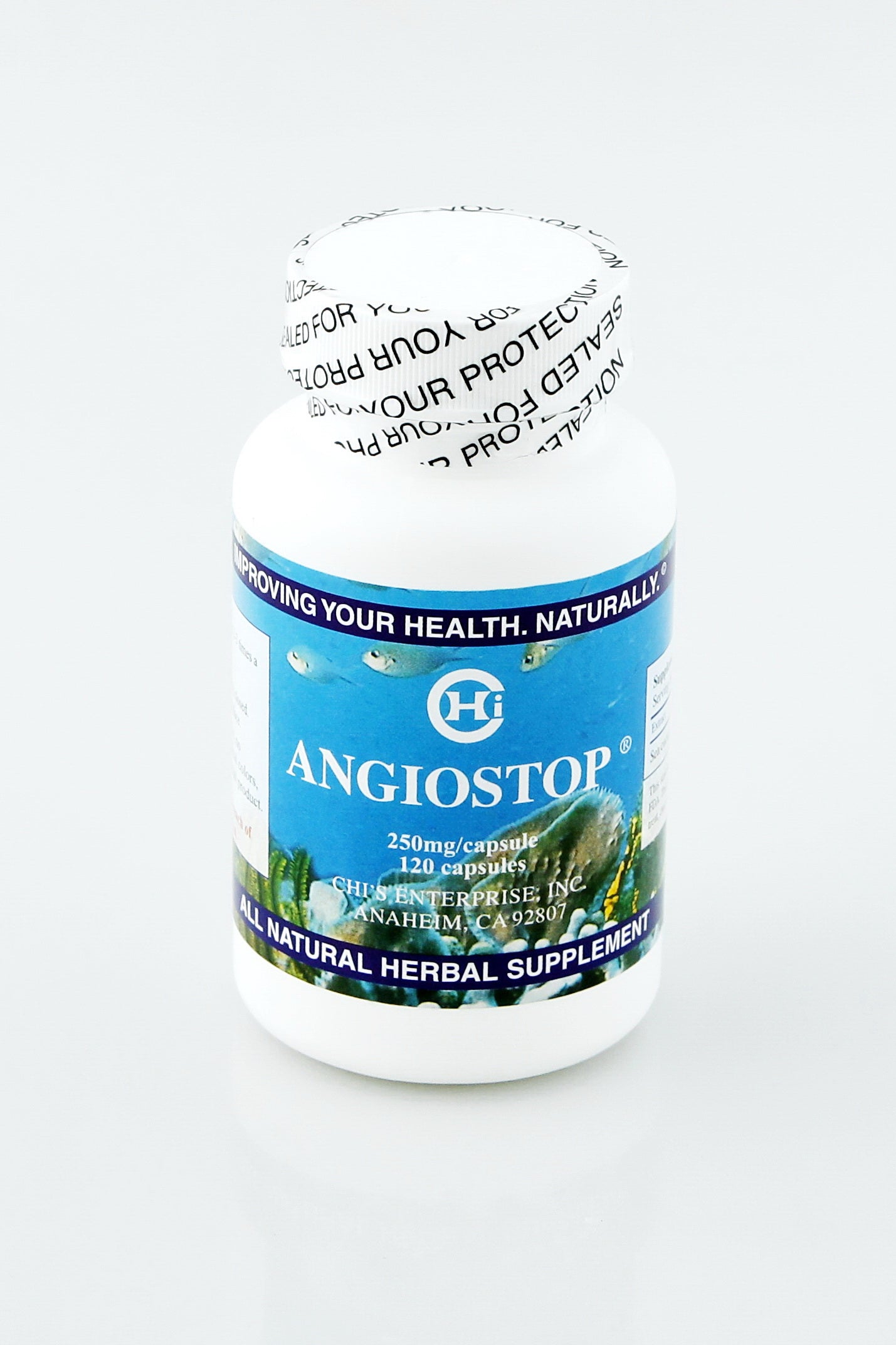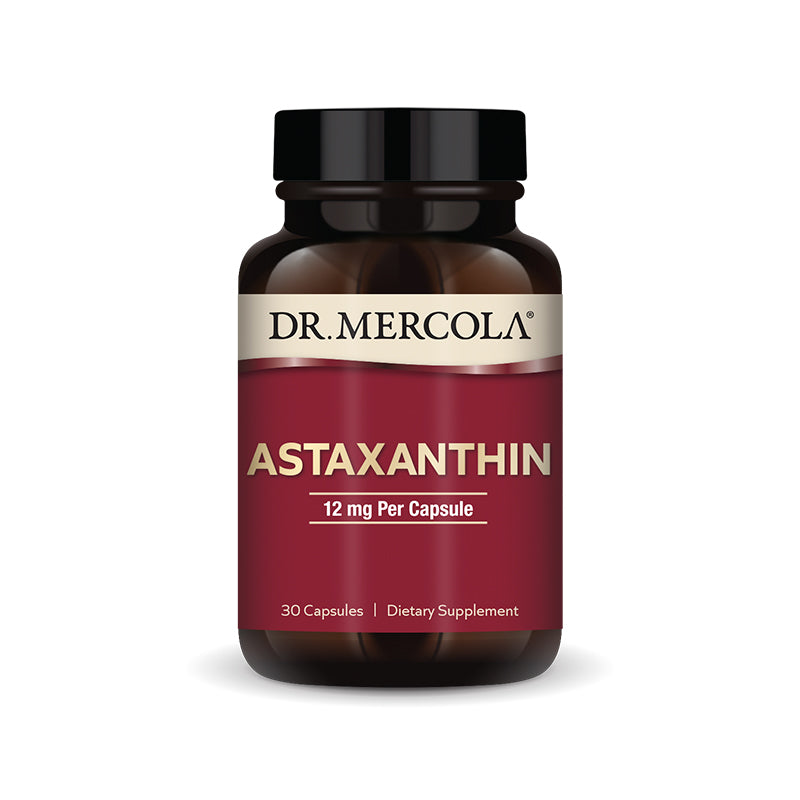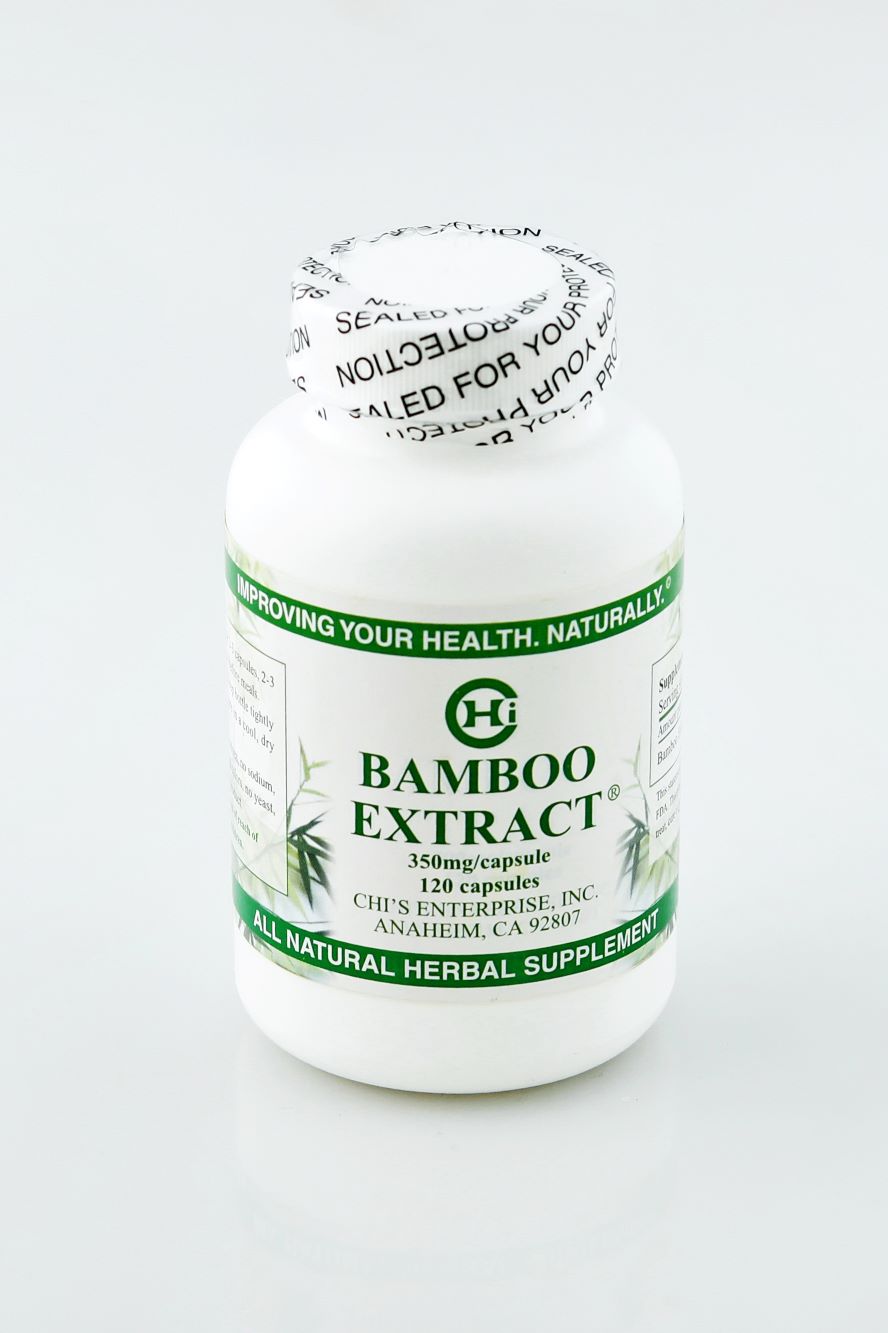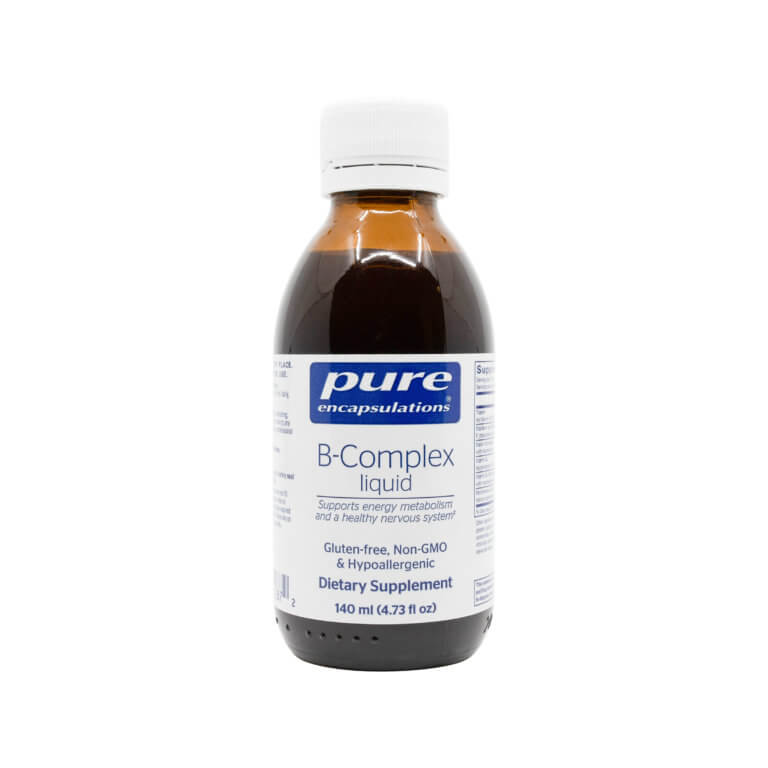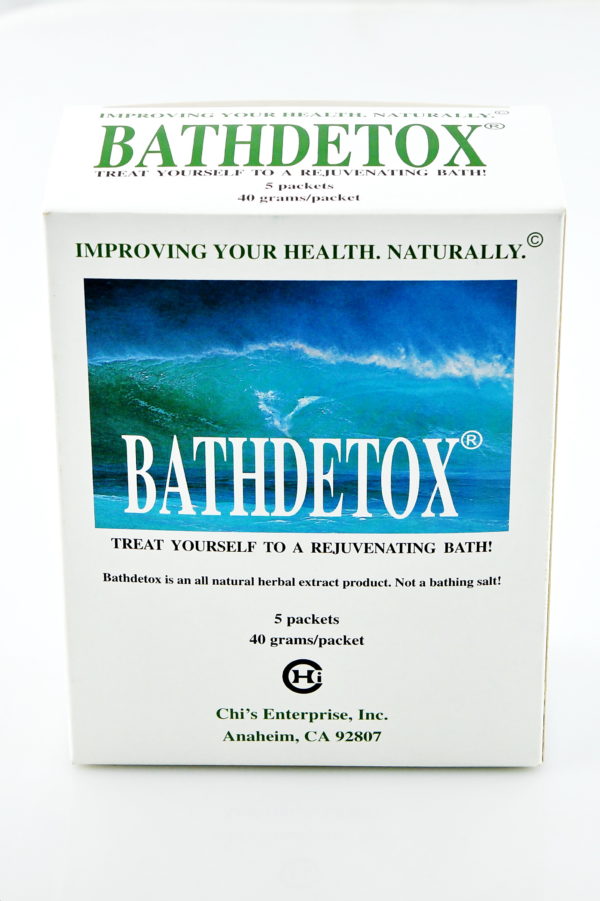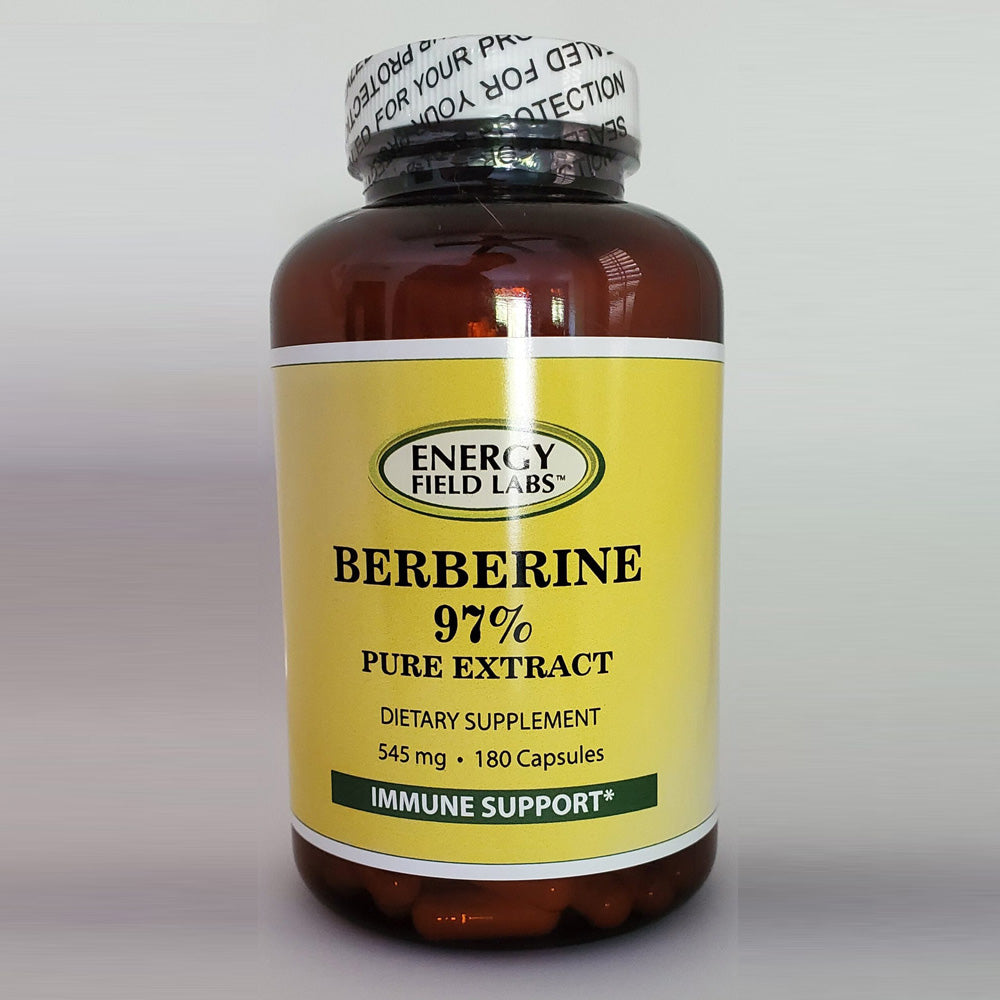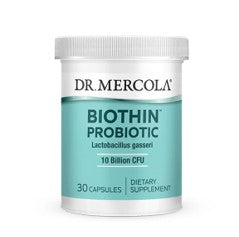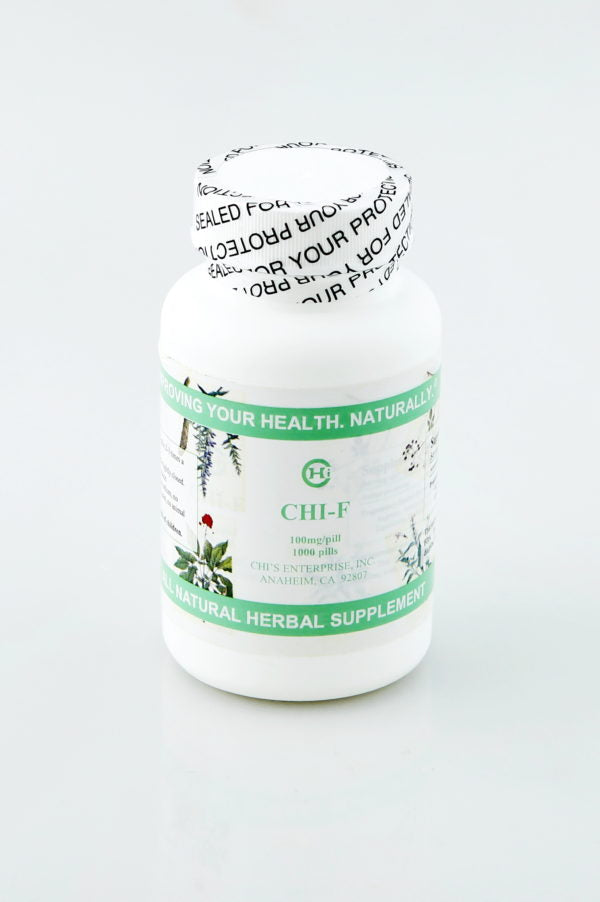Cart
0
by Glen Depke, Traditional Naturopath Chemical sensitivity used to be for the select few chronically ill but these days, I am seeing chemical sensitivity on significant levels for so many of my clients both young and old. So why is this becoming such a huge issue? Why are so many children seemingly starting off life with these sensitivities? Is there one cause or many causes? Is there hope for those with chemical sensitivities? Today I will answer these questions and more but to shed a little light at the beginning, there is hope for those that are chemically sensitive! Let’s start by defining this simply by looking at life’s events. Imagine that you walk into an office the was freshly painted and newly carpeted. For most people, walking into this office would bring nothing more than a simple recognition of the odor telling you that the carpet is new as well as the paint. For the individual that is chemically sensitive though, this chemical expression can be maddening, almost to the point that they have to run out of the office. So why is it that one person simply responds with recognition while another is running out of the office? I would like to say there is one easy answer for all but one answer for all does not exist. The good news is that there are a combination of areas to look at ASAP that can be addressed to assist the body in responding to these chemicals in a less dramatic fashion, with the eventually goal of a release of chemical sensitivity. Here is the list of what typically has to be addressed with those suffering with chemical sensitivities.
- Adrenal function – While your adrenals basically play a role in the whole of your being, they also play a direct role in chemical sensitivity due to the impact they have on the mucosal tissue lining (immune systems first line of defense), every level of detoxification, immune system regulation, the pro/anti inflammatory response and your overall neural connectivity. Since I have never seen someone with chemical sensitivity that does not have an adrenal issue, this is a great place to start.
- Inflammation – Chronic inflammation also known as an NF-kB state, is typically one of the significant factors behind chemical sensitivity. Understand that the NF-kB state will likely cause immune system dysregulation which in turn will often lead to chemical sensitivity. Addressing both the triggers for inflammation plus the inflammation itself is a key.
- Gluten or cross reactive intolerance – If you are consuming foods the you body is intolerant to, this is an issue in regard to chemical sensitivity. This is due to the fact that intolerant foods that are not addressed lead to digestive disorders, neurological imbalance, immune system disorders, inflammatory states, adrenal imbalance and poor blood/brain barrier function. ALL of these play a role in chemical sensitivity.
- Gut/brain/immune connection – If your gut/brain connection is suffering on any level due to pathogens, intolerant foods, stress, brain trauma and/or poor diet this will generally lead to immune system issues and chronic inflammation which is turn will contribute to chemical sensitivity.
- Poor blood/brain barrier function – Barrier function occurs in your gut, lungs and brain. The barrier that pertains with chemical sensitivity is the blood/brain barrier. This barrier keeps toxins from entering the brain via blood flow. If this barrier is not healthy, toxins will cross into the brain and create chemical sensitivity.
- Poor liver/colon function – The liver takes on the detoxification of approximately 80% of the toxins in your body. This will take place via a phase I and phase II liver detoxification. To simplify, phase I converts fat soluble toxins into water soluble toxins for eventual release via the colon. Once this phase I occurs it is essential that these are released via the colon because this phase I conversion actually makes the toxins more toxic. Yes, you heard that correct, your body’s conversion of these toxins actually does create a higher level of toxicity. With that said, if you do not have healthy bowel movements (2 per day or more) you are actually releasing this toxic load back into your body and round and round you go. All this creates a significant toxic load and can be a big part of chemical sensitivity.
- Poor drainage – Often when we talk about detoxification, we forget the most important part. That part is drainage. To detoxify without drainage can lead to a toxic overload in your body and chemical sensitivity. See above while understanding that drainage is so much more than just your colon. Lymph, kidneys, skin and lungs also play a role.
- Air we breathe – Take a look at this article on air purifying plants for your home and office.
- Water we drink – My general recommendation is a Reverse Osmosis filtration system that includes a minimum of 4 filters. You can also purchase a portable aquagear system that will filter tap water at any time. Great for traveling or regular use. Learn more about AquaGear.
- Foods we eat – Consume whole natural and organic food whenever possible. Processed foods and a sugar are a part of a toxic lifestyle.
- Chemicals on your body – Use natural cleaning products and do not put anything on your skin that has a chemical base. There are many natural products that you can use on your skin available today. Here is a link to some of these natural products. Remember that your skin will easily soak up your toxic exposure.

